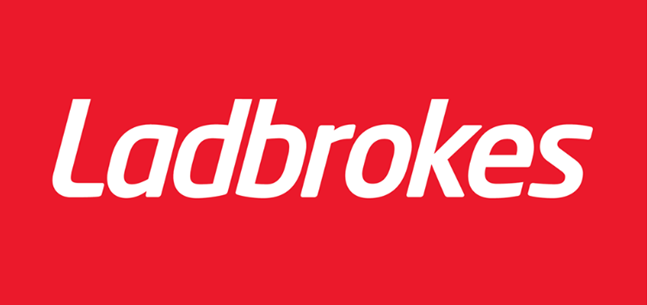

Share
28th September 2017
04:00pm BST

 Rob Penney was never expecting to become Munster coach but, in 2012, when an agent informed him the Irish province about a head coach vacancy, he set his sights on it. He held off some stiff competition, including Tana Umaga and Anthony Foley, and in May of that year he signed a two-year deal with Munster and the IRFU.
Having previously coached the New Zealand U20s and a successful Canterbury side, the vision Penney sold to Garret Fitzgerald and the Munster board got him the nod. He would have to preside over a period of serious transition [experienced players such as Marcus Horan, Mick O'Driscoll and Ronan O'Gara would all retire during his tenure] while trying to implement an expansive game-plan.
One of his greatest challenges, however, would be presiding over a coaching staff that included Foley, a man who had clear designs on the top job and who had narrowly missed out.
"I went there fully aware of the situation and challenges," he told The Hard Yards, "and I put my heart and soul into it. Hopefully, though it was only a short period of time, people respected what I gave." He commented:
Rob Penney was never expecting to become Munster coach but, in 2012, when an agent informed him the Irish province about a head coach vacancy, he set his sights on it. He held off some stiff competition, including Tana Umaga and Anthony Foley, and in May of that year he signed a two-year deal with Munster and the IRFU.
Having previously coached the New Zealand U20s and a successful Canterbury side, the vision Penney sold to Garret Fitzgerald and the Munster board got him the nod. He would have to preside over a period of serious transition [experienced players such as Marcus Horan, Mick O'Driscoll and Ronan O'Gara would all retire during his tenure] while trying to implement an expansive game-plan.
One of his greatest challenges, however, would be presiding over a coaching staff that included Foley, a man who had clear designs on the top job and who had narrowly missed out.
"I went there fully aware of the situation and challenges," he told The Hard Yards, "and I put my heart and soul into it. Hopefully, though it was only a short period of time, people respected what I gave." He commented:
"It was a challenging coaching environment, for obvious reasons. Axel was an icon in the place and he desperately wanted to be head coach. "My appointment and my arrival as a foreign, outside coach was probably pretty disappointing from his perspective. I respect that and understand it. "There was a large degree of media and, in terms of fairness, a lot of supporters would have supported Axel's elevation. I really hoped that I could have managed my way through that because we really could have had the best of both worlds... He was a fine coaching in many ways and I don't think I'm being arrogant when I say, I could teach him and there were things he taught me."When Penney mentions [from 26:30 below] certain elements of the media backing Foley's claim for the top job, he includes journalists in that and some notable former players that knew the Munster legend and were slow to credit his good work at the province. Two of the major criticisms of Penney during his two seasons at Munster were the dual bases - Cork and Limerick - and a game-plan that often called for tight five forwards to show up on the flanks in attacks. The sight of Donncha O'Callaghan taking a pass from Felix Jones or Keith Earls before trying to out-gas an opposition winger stuck in many a craw. https://soundcloud.com/thehardyardssportsjoe/ep-30-rog-and-fez-on-player-welfare-rob-penney-interview-and-honeymoon-horrors This was something that Munster struggled to implement in the Guinness PRO12 but they did well in the Heineken Cup, reaching the semi finals in successive competitions only to lose away to French sides. The criticism was never far away and Penney found his contract renegotiation did not go well.
"When it came to renewal after two years, the organisation had already decided that [backs coach] Simon Mannix wasn't going to be a part of it, and I wanted Simon to stay. That caused another level of frustration. "While those negotiation processes were being undertaken, I made it clear that there was an approach from NTT Shining Arcs [in Japan]. Munster made it clear that they were only willing to offer an extension of one year. The life of a coach is challenging enough without having to start thinking again, after another six months, 'Am I going to have a job?'."Munster and the IRFU did not budge - one year or zero years were the options. Penney talked to his family and opted to head to Japan's Top League on a three-season deal. This summer, when Ireland visited as part of their summer tour, Penney caught up with several of the Munster players he used to coach. Beers and stories were shared. Looking bad, he realised the two years had had plenty of special and funny moments too. "It was great to see some of the boys again," he said. Time is a great healer.

Explore more on these topics: